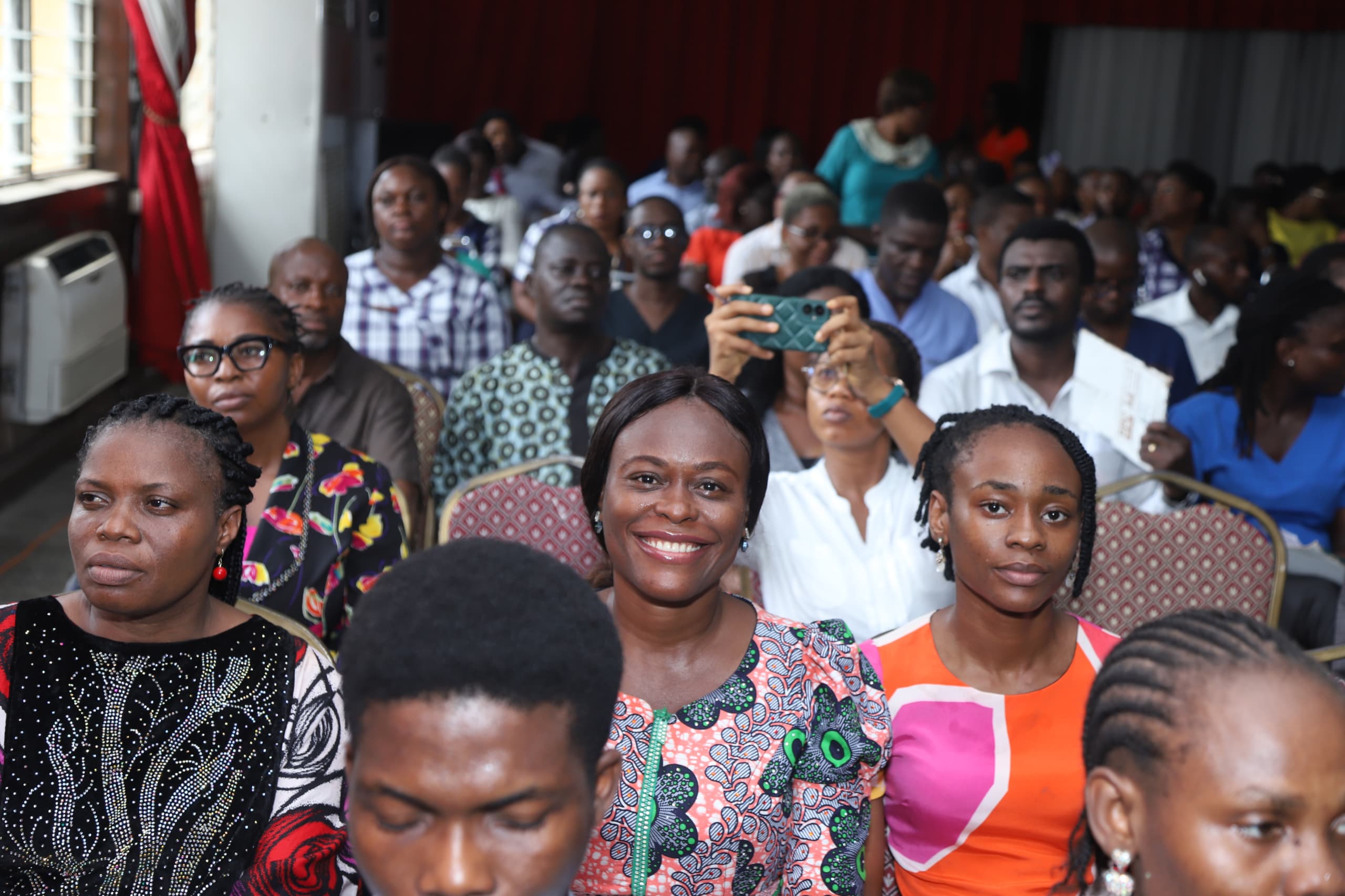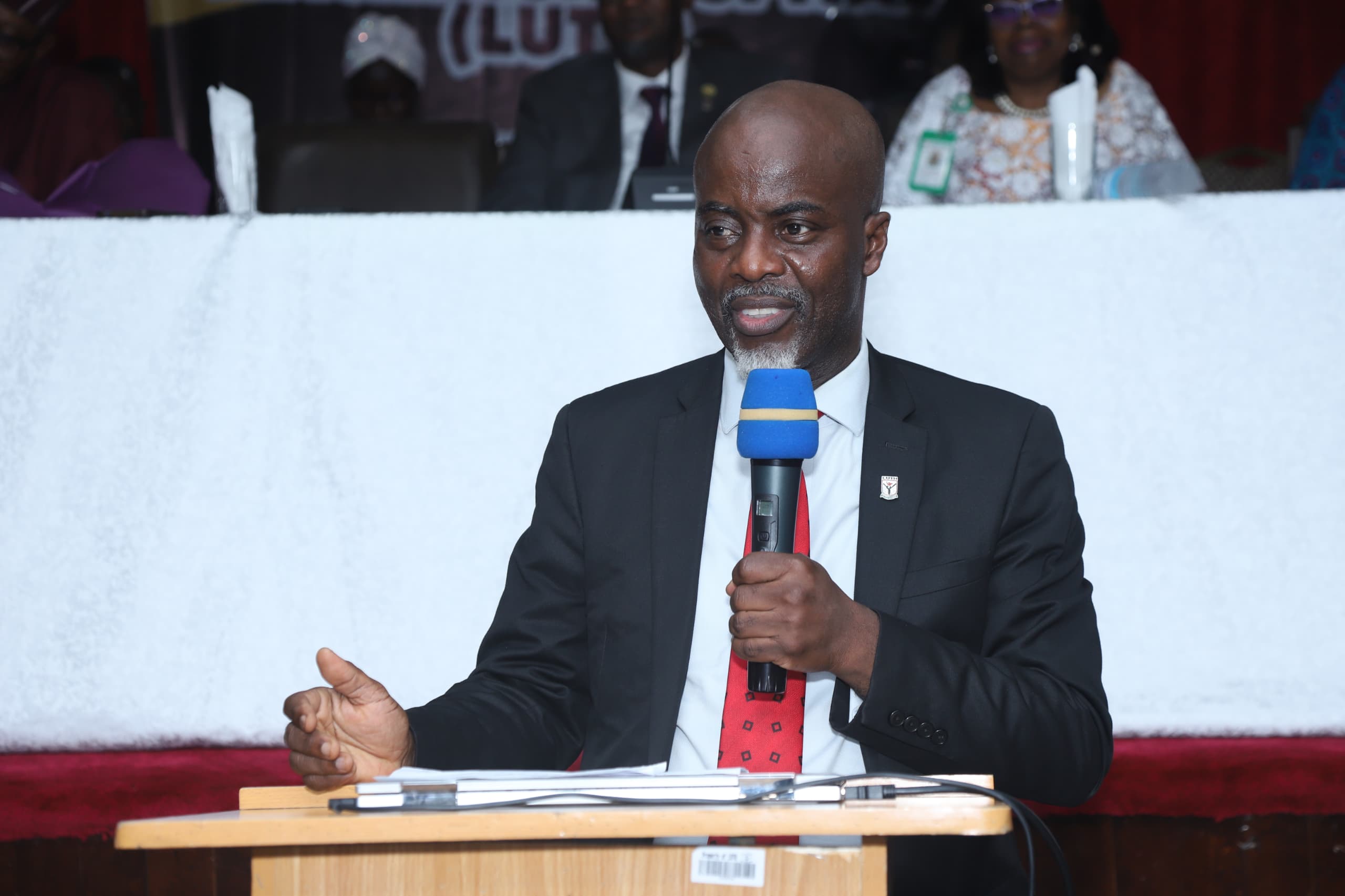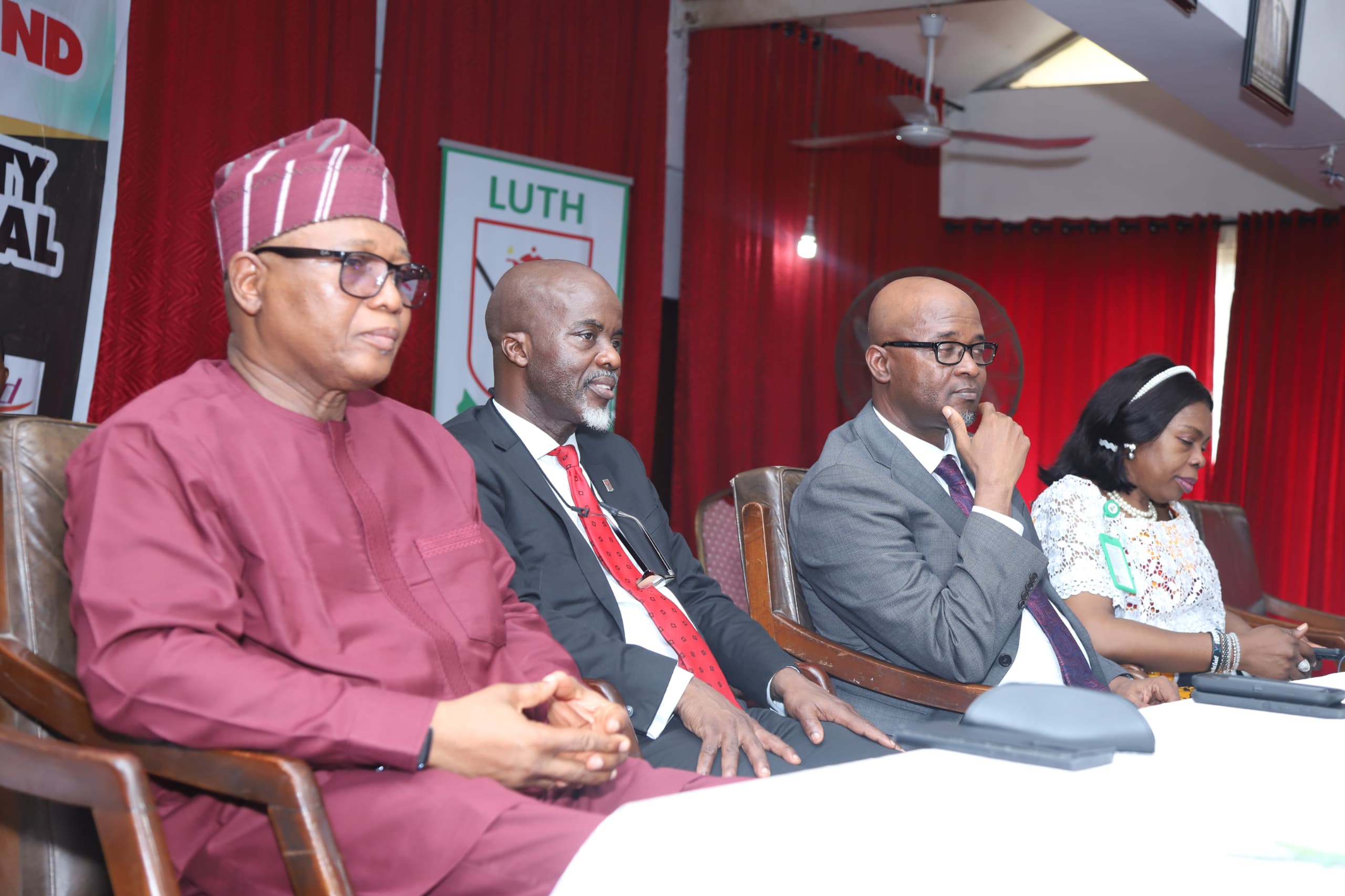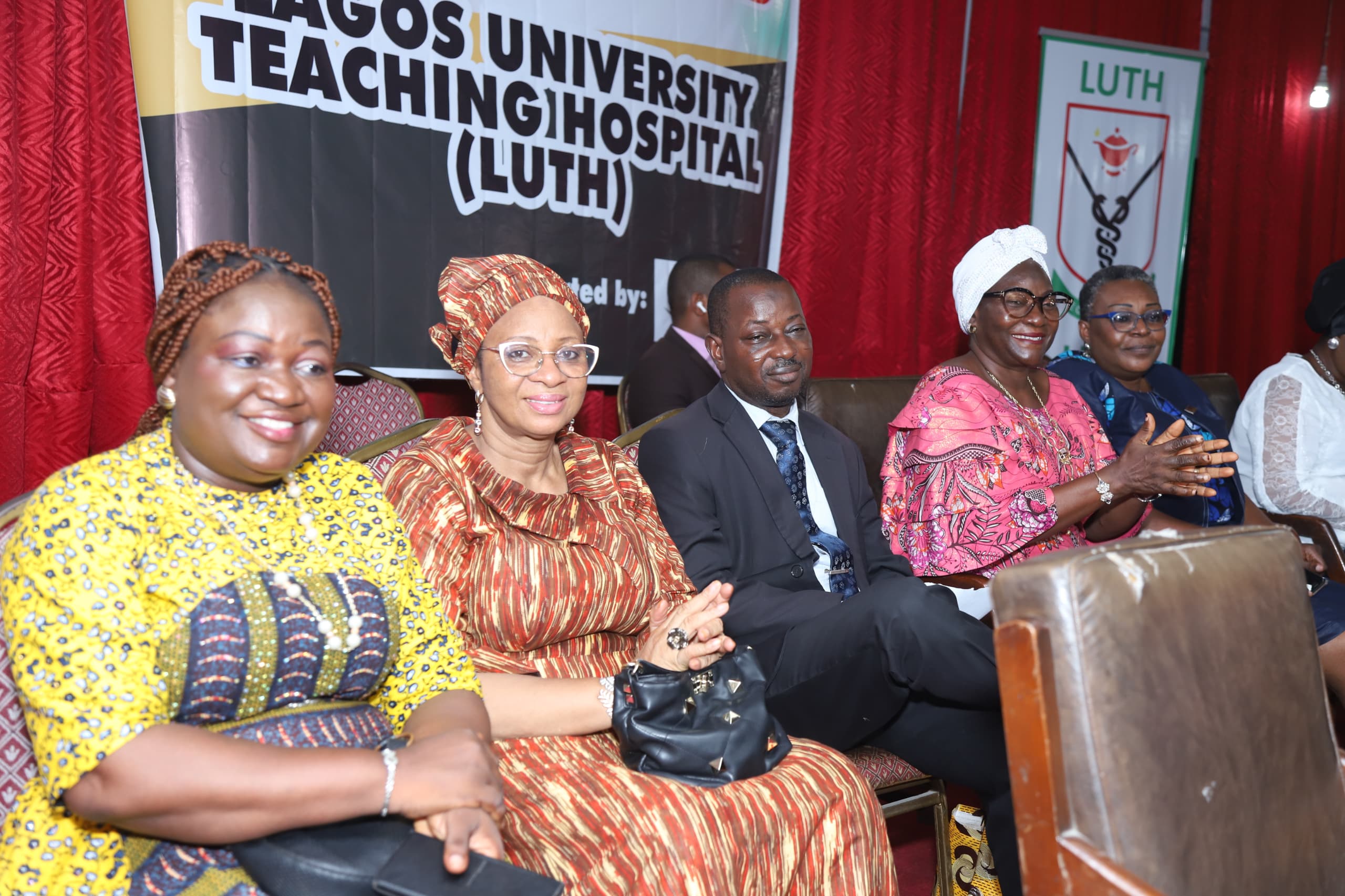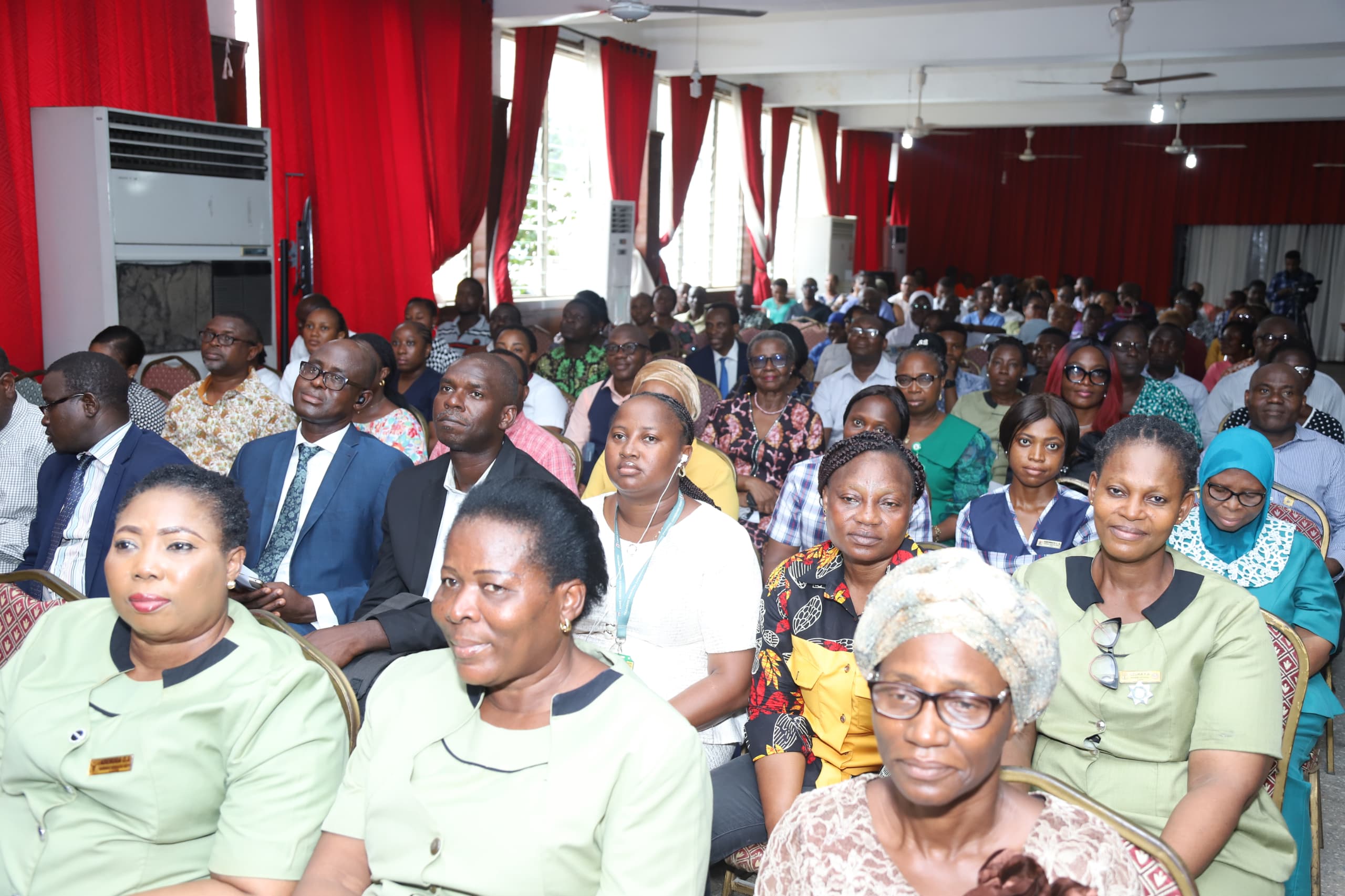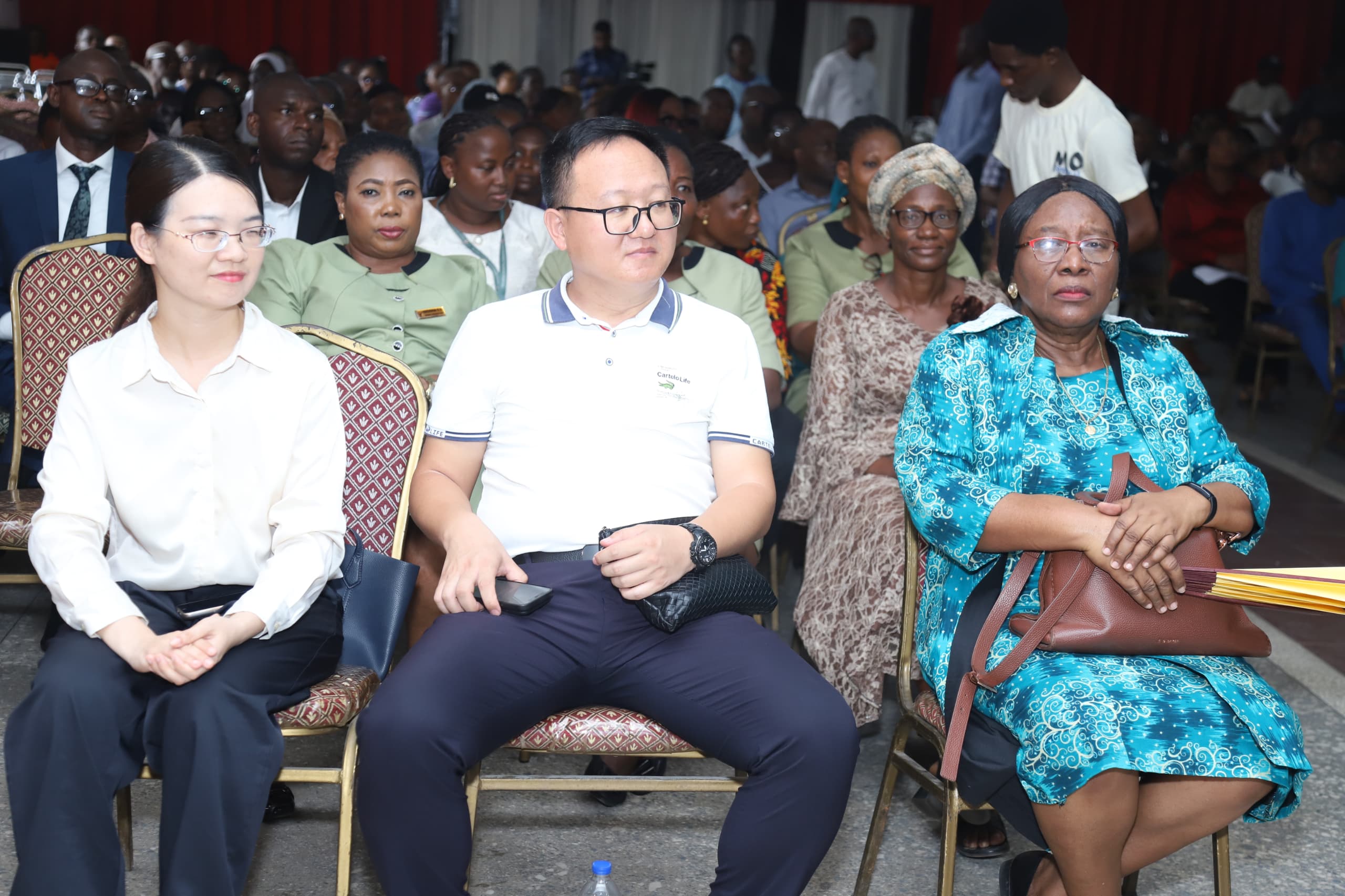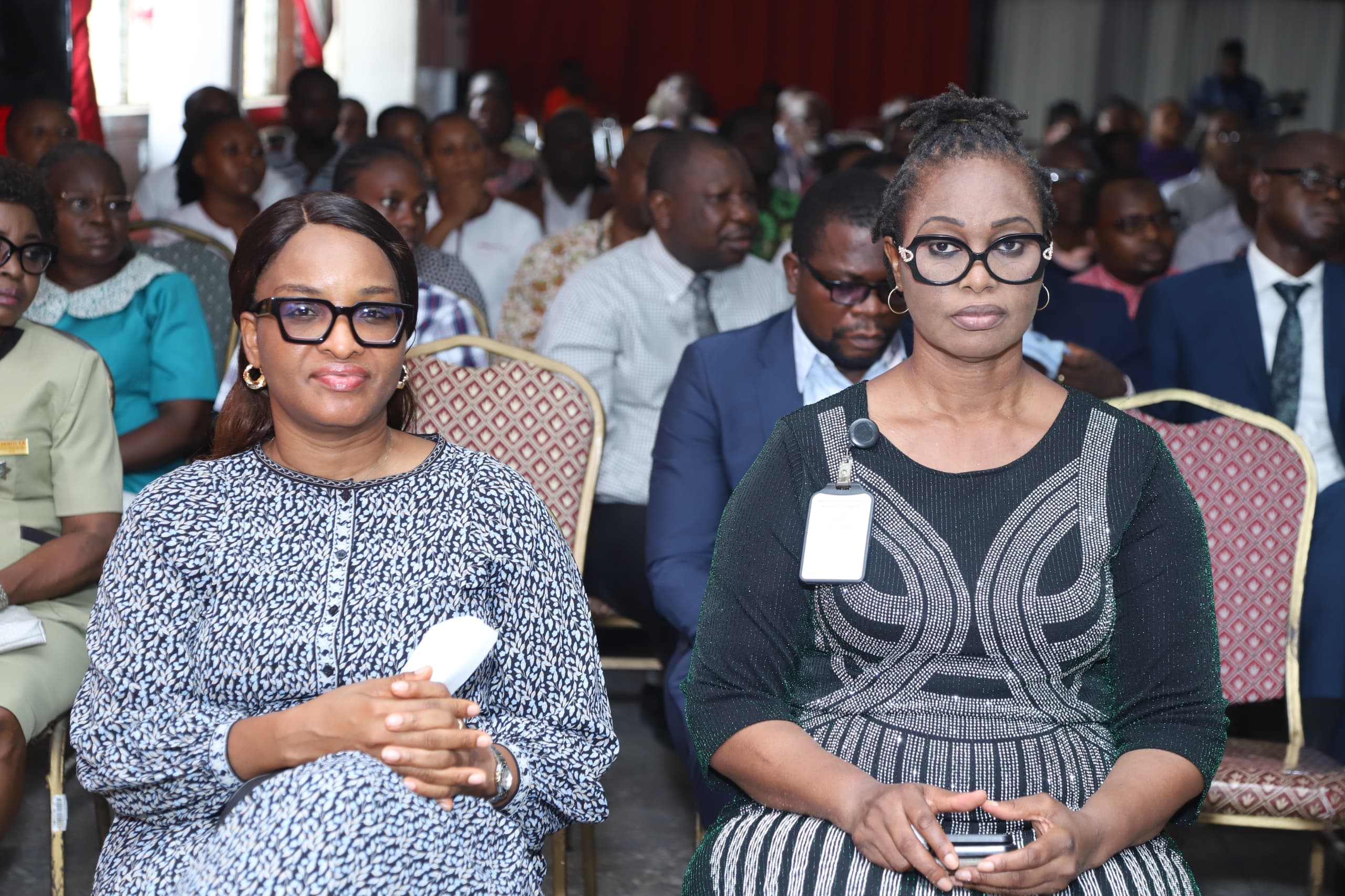
LAGOS UNIVERSITY TEACHING HOSPITAL SPECIAL GRAND ROUND
THEME: BURDEN AND CHALLENGES OF MANAGING DIABETES MELLITUS: EXPLORING HUMANITARIAN INTERVENTION
| SNO | SPEAKERS | SESSION |
|---|---|---|
| 1 | Dr. Oluwaroyimi Olopade | Introduction, epidemiology, pathophysiology, clinical features and management of diabetes mellitus |
| 2 | Dr. Ifedayo Odeniyi | The economic burden and challenges of Diabetes mellitus in Nigeria |
| 3 | Dr. Nelson Aliya | Global humanitarian intervention in Amelioration of resource challenged environment |
Dr. Oluwarotimi Olopade, Consultant Endocrinologist and diabetologist, LUTH provided a comprehensive overview of Diabetes Mellitus during the special Grand round, his presentation covered various crucial aspects including Introduction, epidemiology, pathophysiology, diagnosis and management of Diabetes Mellitus.
Dr. Oluwarotimi outlined the fundamental concepts of Diabetes Mellitus emphasizing its significance as a global health concerns. He delved into the epidemiological trends of Diabetes Mellitus highlighting the prevalence of predicates and diabetes in selected states in Nigeria.
He elucidated the underlying pathophysiological mechanisms driving diabetes Mellitus , elucidating the intricate interplay of genetic, environmental and lifestyle factors contributing to its development.
Dr. Oluwarotimi emphasized the following treatment goals of Diabetes Mellitus; individualized treatment, knowledgeable about Diabetes Mellitus- education, knowledgeable about treatment options, reduce risk of cardiovascular morbidity and mortality and reduce complication risks and manage when present.
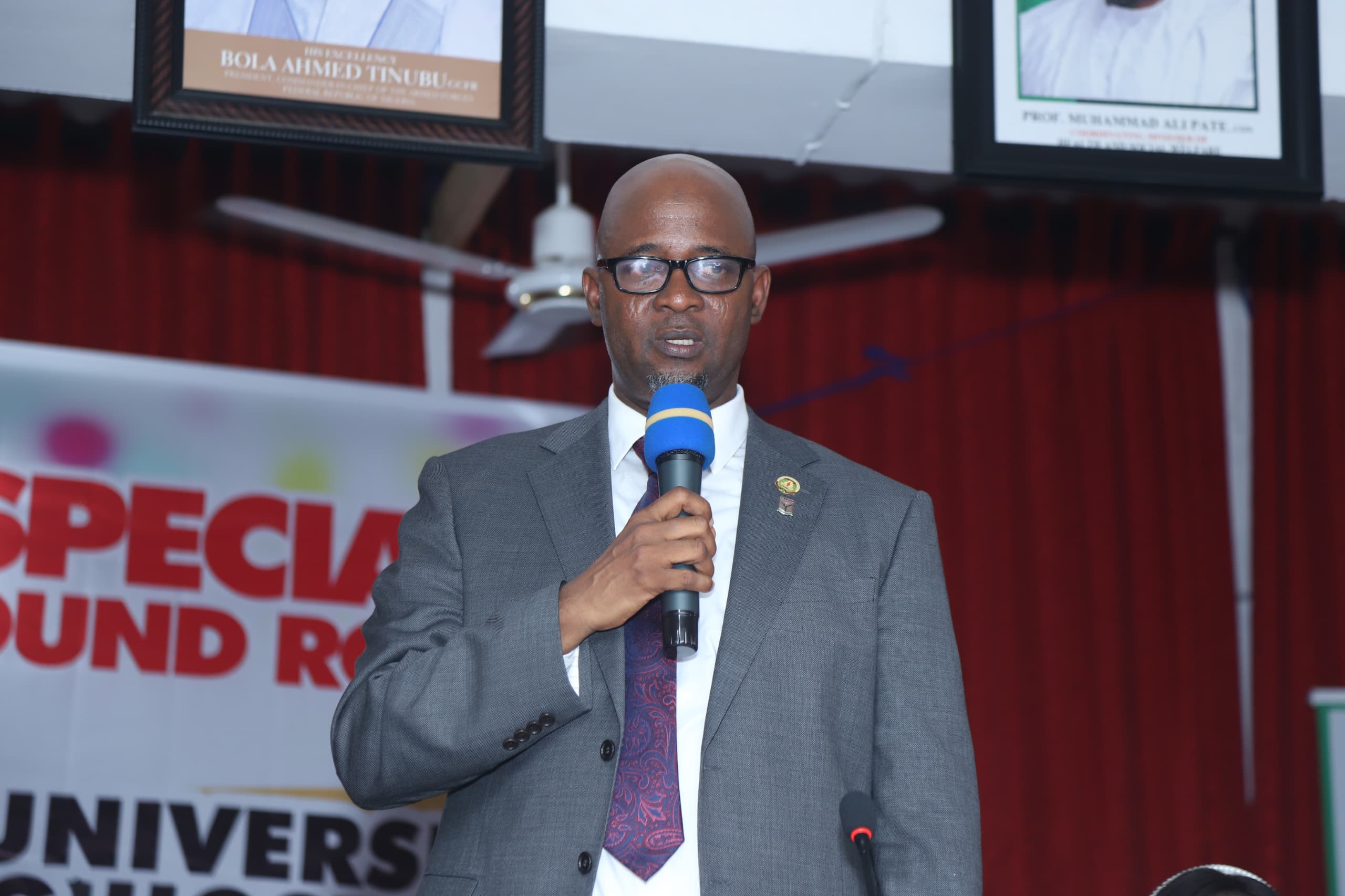
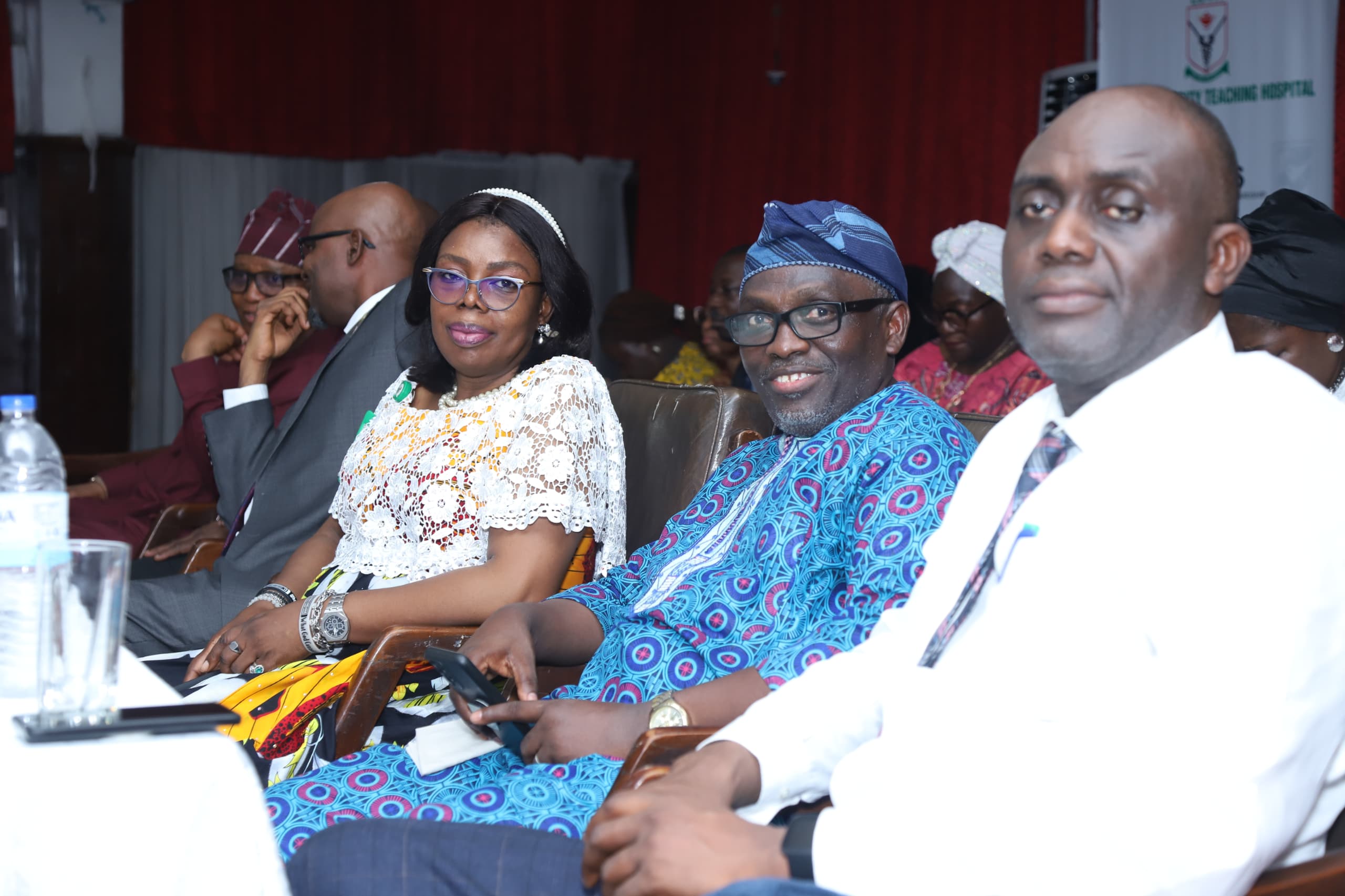
Dr. Ifedayo discussed the financial strain and difficulties associated with Diabetes mellitus in Nigeria, he highlighted the direct and indirect costs of diabetes mellitus in Nigeria. Additionally, the loss of productivity and disability added to the financial burden on individuals and families.
He outlined several challenges in providing effective diabetes care in Nigeria:
Lack of education and awareness about treatment, Insufficient government support and healthcare facilities, High costs of healthcare services and medicines, Shortage of trained healthcare workers and Cultural beliefs and socioeconomic factors affecting insulin use and monitoring.
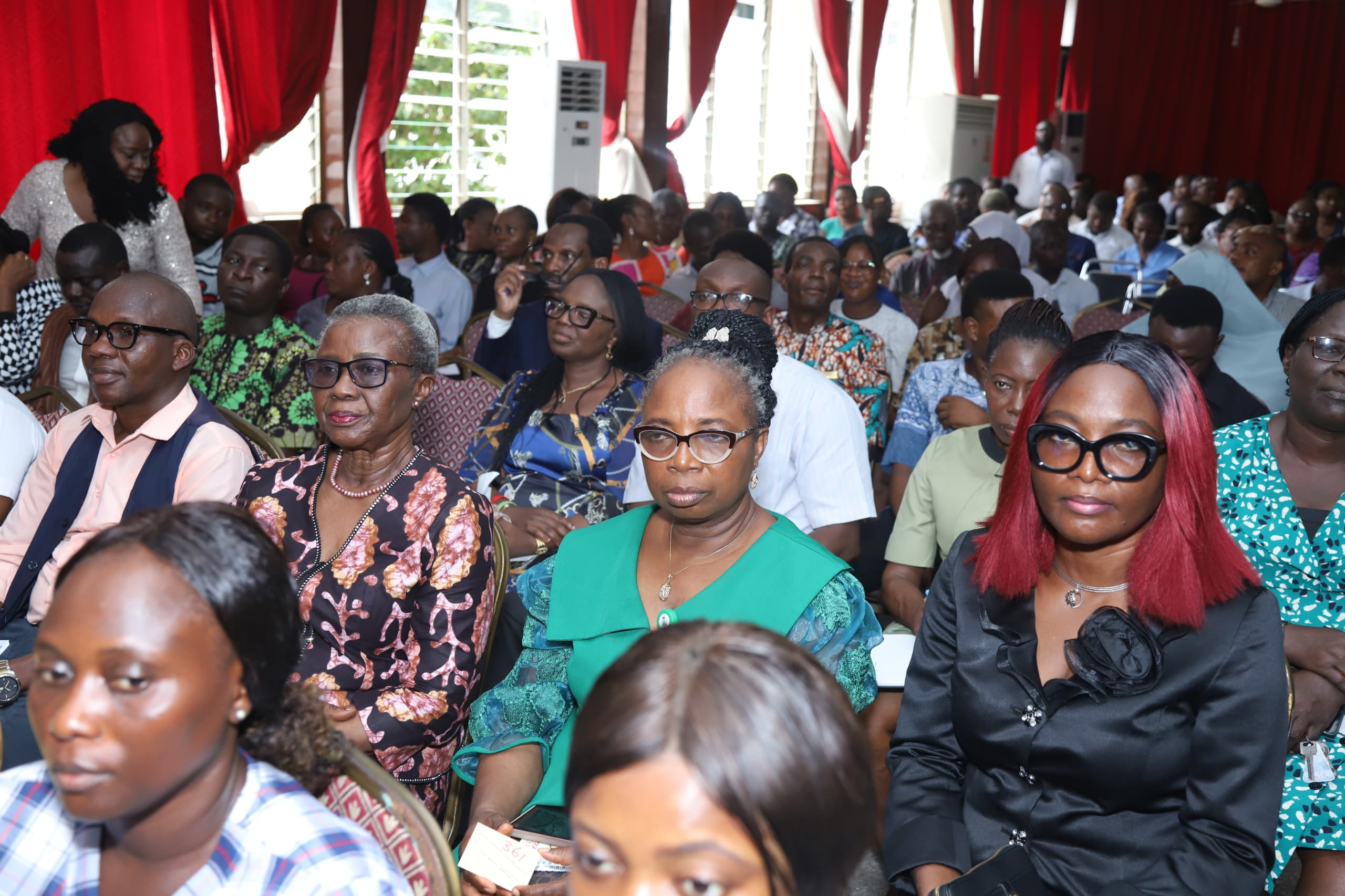
He suggested several ways to tackle these challenges:
Educating the public through health campaigns, Improving healthcare facilities and services, Making treatments more affordable and accessible, Training healthcare workers and Advocating for policy changes to remove barriers to care.
Dr. Ifedayo concluded with Challenges of diabetes care in Nigeria are myriad
•High economic burden of diabetes mellitus
•High catastrophic expenditure
Dr. Dr. Nelson Aluya concluded the presentation by discussing the significance of global humanitarian interventions in addressing resource-challenged environments, particularly focusing on the global epidemic of Diabetes Mellitus and strategies for its management and prevention. He emphasized the importance of learning from developed countries to inform interventions in developing nations. He underscored the urgency of addressing Diabetes Mellitus as a global epidemic, emphasizing the need for comprehensive strategies to manage and prevent its adverse effects.
He outlined key management strategies for Diabetes Mellitus, emphasizing the importance of lifestyle modifications, including dietary changes, regular exercise, and weight management. Additionally, Dr. Nelson highlighted the significance of medication adherence, regular monitoring, and access to quality healthcare services in mitigating the disease burden.
